Retrofitting conventional vehicles with EV conversion kits is fast catching up. Prateek Pardeshi looks at among the first such RTO approved kit by GoGoA1.
The acquisition costs of EVs continue to be a deterrent for buyers. Battery costs have cooled down but yet to make a strong case for EV manufacturers. The wait for economies of scale and breaking even on investments continues for new entrants. Until such time, alternatives continue to brew and flood the market. GoGoA1, one such disruptor in the EV space, has registered several patents. The startup has gone on to commercialise India’s first Regional Transport Office (RTO) approved electric conversion kit for two-wheelers on a Hero Honda Splendor. Shrikant Shinde, Founder and Chief Executive Officer, GoGoA1 shared, “Many regions today have an authorised conversion centre for two-wheelers backed by the RTO approvals. Since everything happens legally, the private white number plate is converted to green number plate post the successful installation of the conversion kit.” This benefit could soon be experienced by four-wheeler owners. GoGoA1, according to Shinde, is also in the development and approval phase for retrofitting four-wheelers with its electric conversion kits.
Retrofitted EVs
GoGoA1 has bypassed the anxiety around initial high acquisition costs associated with an EV. It is banking on the proof of knowledge on low running costs to lure its customers. The fuel price hikes in the last fiscal have made a strong case for the company’s offerings. So has the RTO approval that makes it a legitimate and a safe custom modification. Shinde claimed, “The motor is IP67 rated. To test it, a water container is used from the shaft from a 15 cm height. The motor is placed underwater for 60 minutes before it’s brought back to the surface for testing.” He added that the cycle has undergone multiple iterations with tests carried out on the hub motor. In effect, the motor can be safely used in Mumbai’s heavy monsoons. “You can wash the vehicle with a high-pressure water pump and it will provide maximum safety without damaging the hub motor,” he quipped. Shinde, however, cautioned on the use in flooded regions and the scenario of the hub motor being submerged beyond 24 hours causing damage.
Speaking on the application on two-wheelers, where the conversion kit is fitted on the Hero Honda Splendor, Shinde revealed that the motor is at the heart of any EV. The company was challenged with the task of developing the motor, in-house and with limited resources. Here, the company, according to Shinde, banked on its previous experiences and knowledge repository of developing motors. “After a number of attempts and experiments the electric motor was finally developed. This motor is tested for over 70,000 km in real world scenarios,” he claimed. The motor has been approved and tested at the Automotive Research Association of India (ARAI). The test resulted in a 72 V, 40Ah battery pack. The motor is claimed to offer a range capacity of 151 km on a single charge. With a 2000W rating, it offers a peak rated torque of 67000 Nm. The motor can be pushed to attain a top speed of 65 kmph with a consumption of 19W per kilometre making it an efficient, flagship motor across the GoGoA1 product range. The controller is also IP67 rated. It is based on a vector controller that allows the user to use a variable frequency based on the motor in use. This is based on sine wave control unlike ordinary controllers where the Brushless DC (BLDC) electric motor is paired with square wave controllers. On the whole, the conversion kit comprises of a motor, controller, battery pack to name a few components. Notably, the kit is universal and stays the same for owners across the Splendor to the Royal Enfield Bullet up the order with the exception of the output made to suit to the duty cycle.
To convince customers, GoGoA1 said Shinde has carried out in-depth tests on the retrofitted two-wheelers. For example, the Splendor which has a carrying capacity of 200 kg, and a payload capacity of 300 kg (inclusive of the vehicle weight at 150 kg) on retrofitting, is claimed to match the performance output of its ICE avatar. Having considered all the above mentioned weight parameters, the vehicle is claimed to have delivered the same power output as its predecessor even with an increase in the payload up to 450-500 kg. Besides performance output, it also aids in light-weighting as the original engine weight of 20-25 kg is subtracted from the new equation. This is said to multiply the efficiency manifold. In doing so, customers stand to gain on fronts like mileage, and acceleration. GoGoA1 is offering a three-years warranty on its battery packs. The warranty on other parts is inclusive of a three years service warranty. It includes a waiver on cost of labour and is exclusive of actuals like the cost of replacement for damaged components.
Testing And Approval Of Kits
The conversion kits are approved by ARAI and authorised by the RTO. The conversion kits have to undergo a barrage of tests to make the cut. The kit is tested with multiple media like oil, soap, and battery acid. It undergoes a submersion test for 24 hours followed by a vibration test, for instance. Once the ARAI approval is obtained, every component is individually approved by the RTO. This is followed by a final approval on the vehicle as a whole. The company is claimed to have got the approval for the Hero Honda Splendor and is aiming to have the approval in place for the kit fitted on the Hero Honda Passion. Every model will need individual approvals to make the cut. The process is claimed to be a long one and costs on the higher side for the company. Besides approvals, permissions are required from every state’s designated RTO as a mandate. Once all approvals are passed by the local RTO, they are directed to a central board. Notably, GoGoA1 spent three years in the initial days.
The business scope
GoGoA1 is confident of expanding its footprint from fitting electric conversion kits in two-wheelers. The company is also known to have a lineup for three-wheelers. In the coming year, it is expected to commercialise electric conversion kits for cars too. In the latter case, its challenges include powering the auxiliaries like the power steering and the HVAC. In its current state, the kit is known to meet 70 per cent of the system requirements. It is also leveraging the dependency of nine other OEMs on the company to in turn meet their drivetrain requirements with the help of GoGoA1. Expecting the next three to four years to be a brewing ground for conversion kits in the absence of a mass economy in the EV segment, Shinde cited the potential to reduce parts dependency and meet the demands of serviceability in the case of retrofits. Given that cost depreciations of EVs are as high as 90-95 per cent in a five year life cycle, the company expects to benefit from the tailwinds.
 As a self-funded startup, GoGoA1, as per Shinde, is harbouring ambitions of getting listed in the next half a year or so. By 2025 it aspires to turn into a larger group or a conglomerate with interests in spheres of education and creating awareness on emobility. It is also banking on a strong franchise network with over 50 franchises known to have been registered pan India. For all the franchise owners GoGoA1 provides options including partnering for installation of the conversion kit, battery sharing and leasing, building the vehicle ground up and leasing it besides the option of building the vehicle ground up for sale to GoGoA1. “The ultimate selling point of GoGoA1 is the customisation carried out on each model which is highly appreciated. GoGoA1 can provide a platform, depending upon your interest. People with similar interests can plug-in and grow together with us,” Shinde concluded. ACI
As a self-funded startup, GoGoA1, as per Shinde, is harbouring ambitions of getting listed in the next half a year or so. By 2025 it aspires to turn into a larger group or a conglomerate with interests in spheres of education and creating awareness on emobility. It is also banking on a strong franchise network with over 50 franchises known to have been registered pan India. For all the franchise owners GoGoA1 provides options including partnering for installation of the conversion kit, battery sharing and leasing, building the vehicle ground up and leasing it besides the option of building the vehicle ground up for sale to GoGoA1. “The ultimate selling point of GoGoA1 is the customisation carried out on each model which is highly appreciated. GoGoA1 can provide a platform, depending upon your interest. People with similar interests can plug-in and grow together with us,” Shinde concluded. ACI
Also read, Upfront Interview with Founder of GoGoA1.


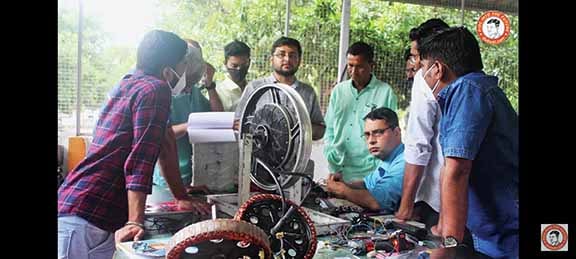


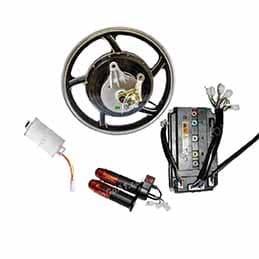


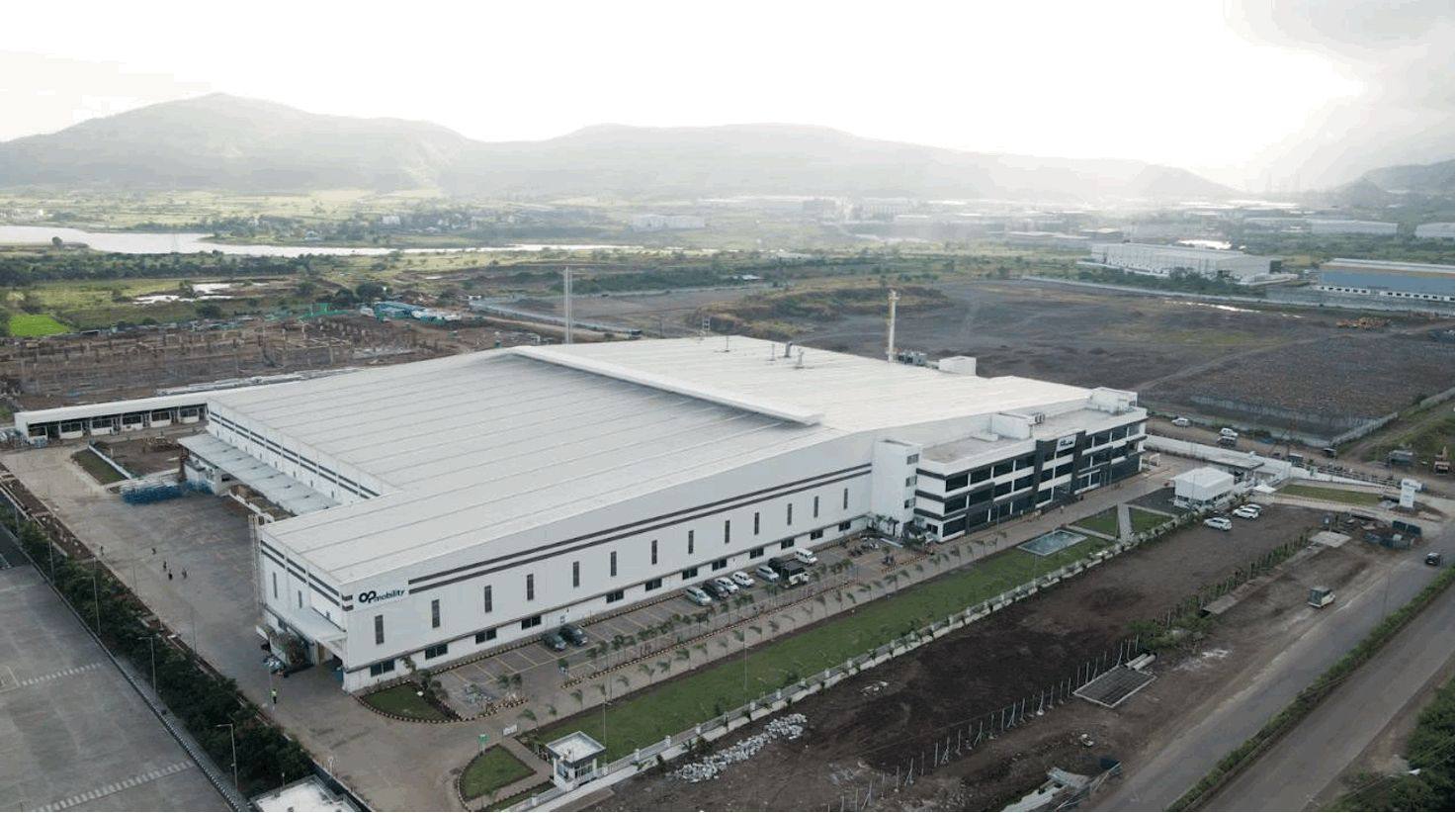
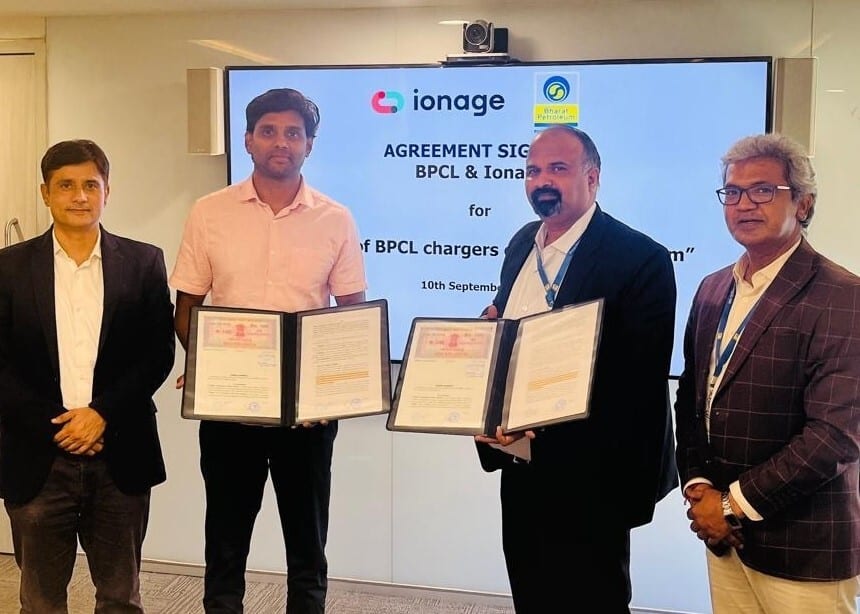
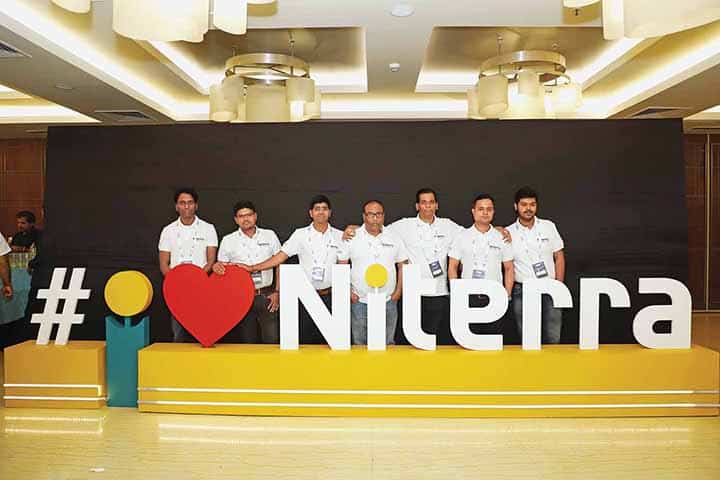
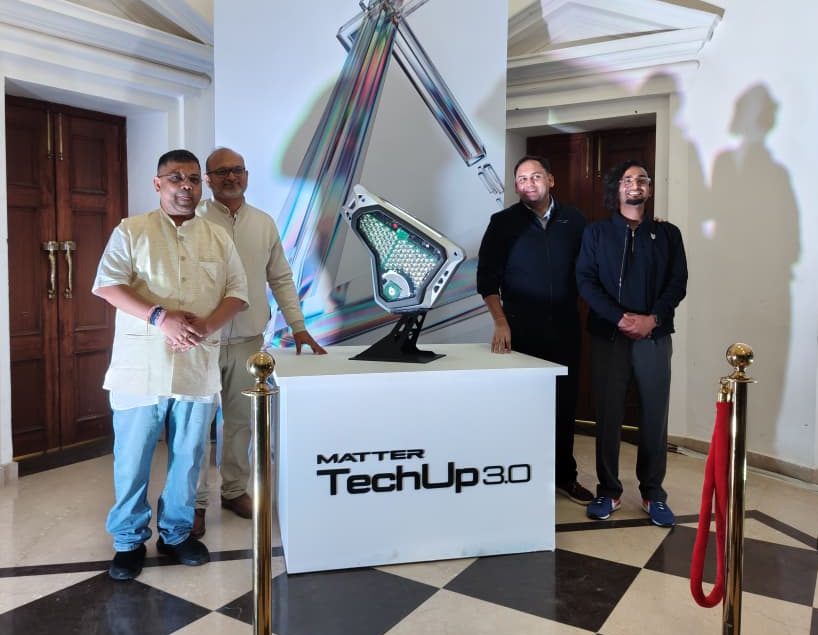
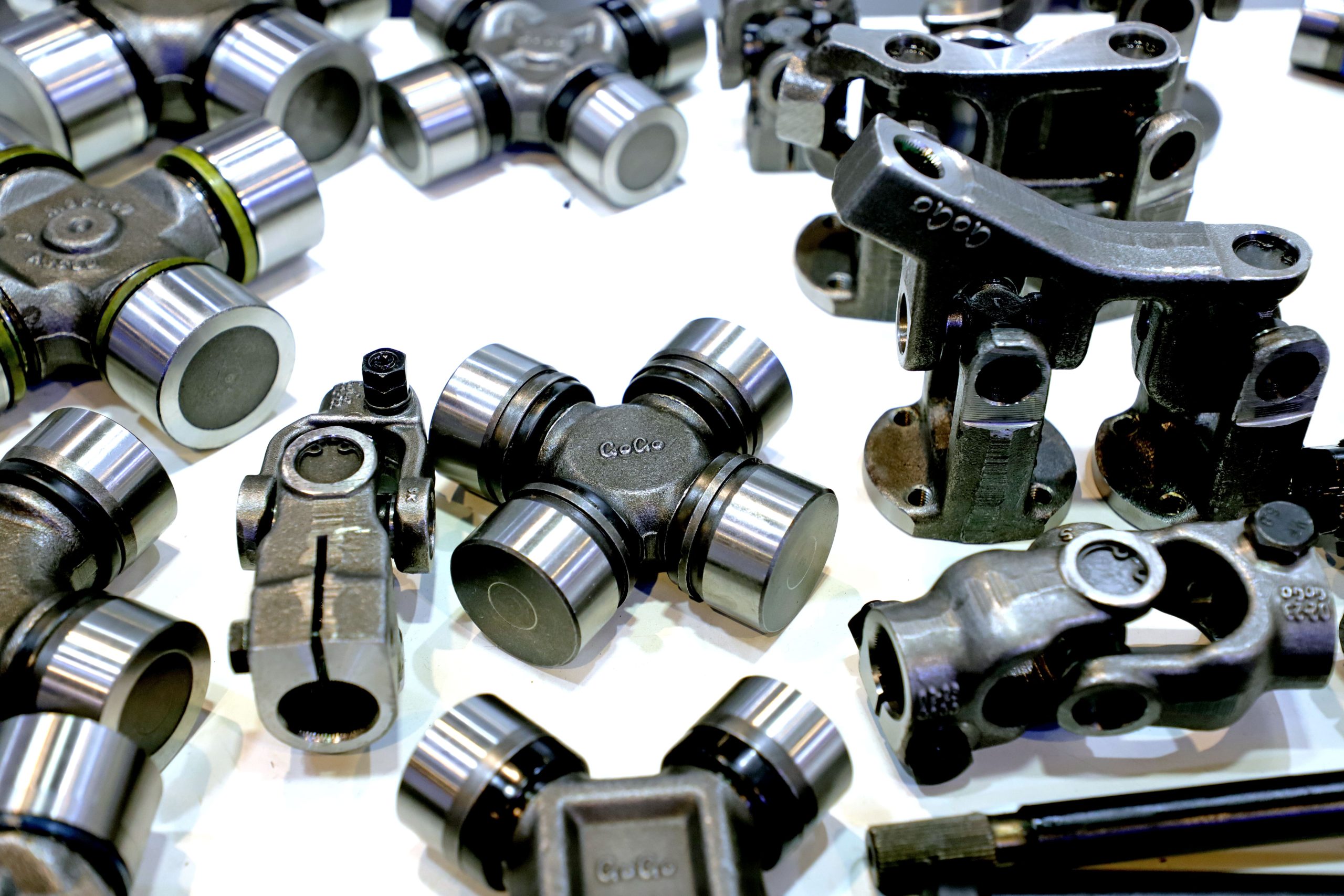
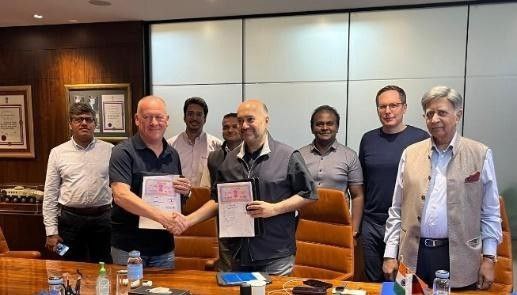
Leave a Reply